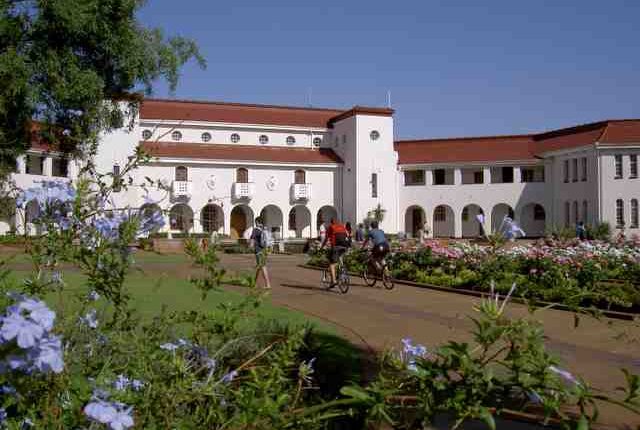North-West University: Steady Borrowing Costs Boost Consumer Confidence
As was widely expected, the Monetary Policy Committee (MPC) again decided by a vote of three to two to continue to keep interest rates on hold, following a similar decision at the previous meeting of the MPC on 20 July.
Prof Raymond Parsons, economist from the North-West University (NWU), says this further “hawkish pause” outcome was the right decision by the MPC, taking into account the overall global and domestic factors at present shaping South Africa’s economic environment.
“The MPC analysis confirmed that monetary policy is now restrictive, with real interest rates now over 3%.”
According to Prof Parsons, the period of stability in borrowing costs that has been experienced since May this year is nevertheless a positive factor in business and consumer confidence at a time when both are in negative territory and when consumer spending, in particular, is under great pressure.
“The rate of inflation has also been declining in recent months, and there have been some signs of progress on the anti-inflation front. Although the slight acceleration in inflation in August suggests that inflation remains sticky, it is still anticipated to stay well within the inflation target range of 3% to 6% of the South African Reserve Bank (SARB) in the months ahead.”
Prof Parsons says the rand is nonetheless likely to remain volatile as markets further unpack the global economic outlook, the United States monetary policy and domestic factors such as South Africa’s deteriorating public finances.
“The SARB governor also emphasised the extent to which a decline in fiscal sustainability drives the country risk premium faced by South Africa, thus keeping interest rates elevated. With the MPC seeing inflation risks as still being on the upside, it seems likely that interest rates will remain high for longer and not be reduced until well into 2024.”
He says the SARB strengthened its gross domestic product (GDP) growth forecast for 2023 as a whole to 0,7%, compared to 0,4% at the previous MPC meeting, with about 1% expected in 2024.
“Capital formation, fortunately, seems to have turned a corner. However, various other negative factors in the economy, such as consumer spending being under heavy pressure, suggest that the balance of risks to the growth outlook is instead still on the downside. It again emphasises the urgent need to implement growth-friendly policies and projects.”

